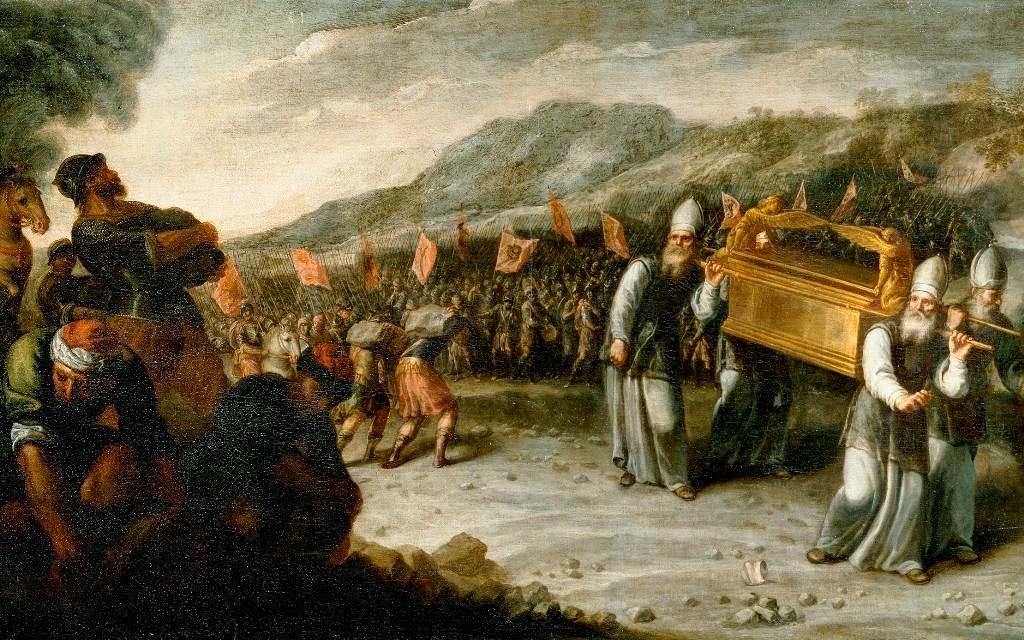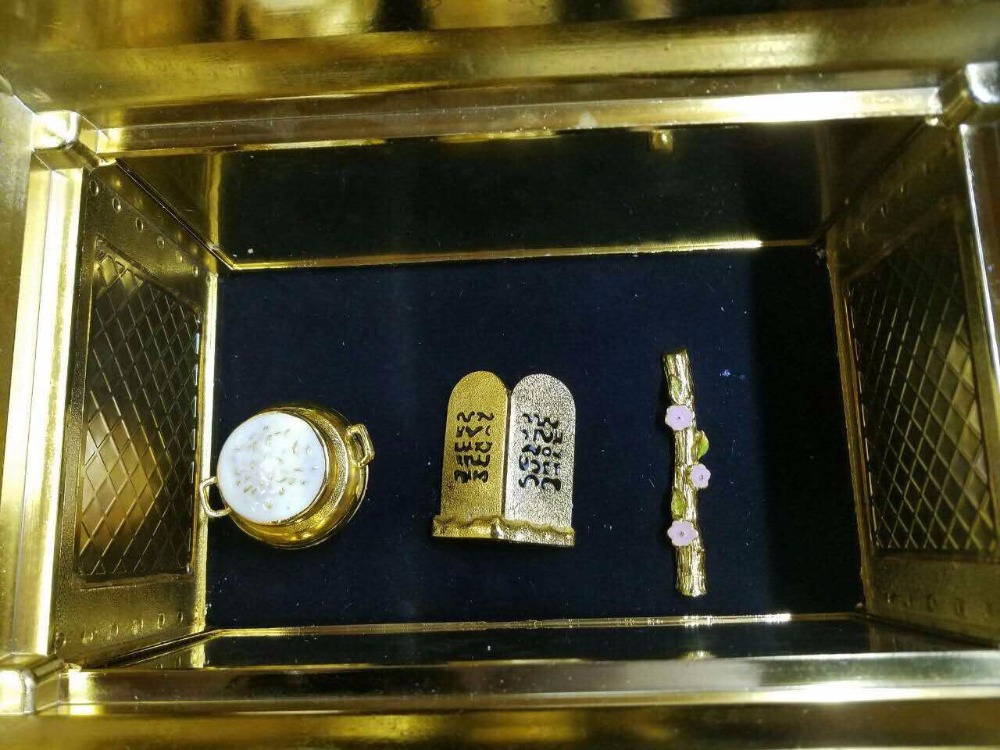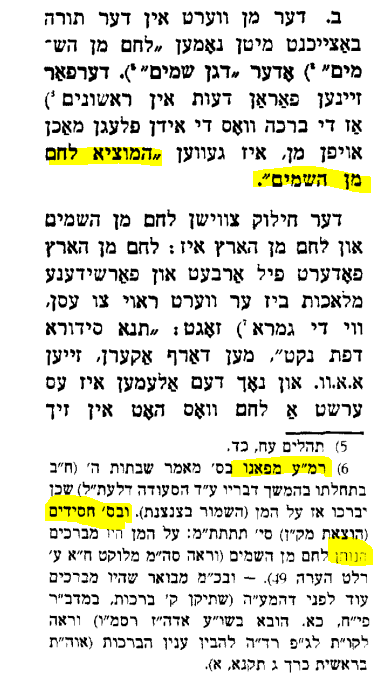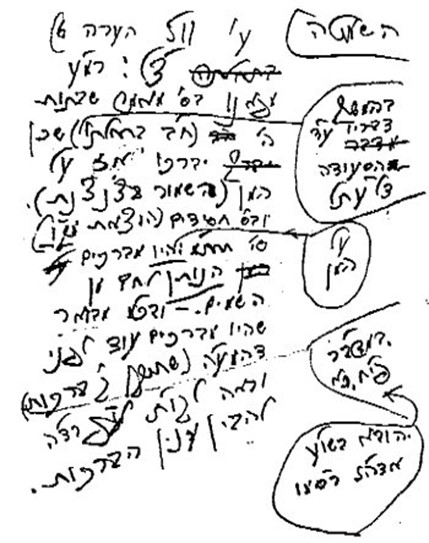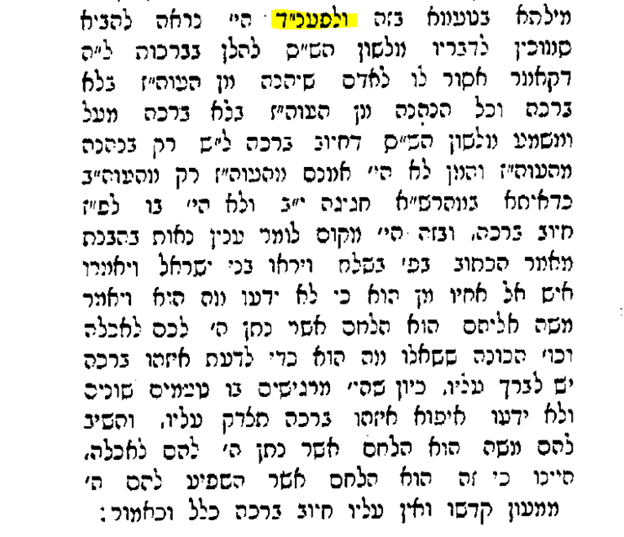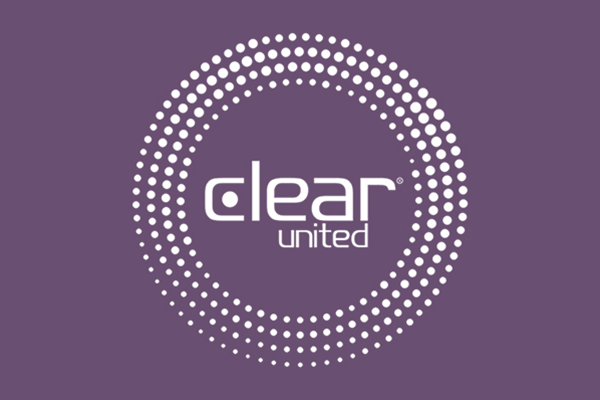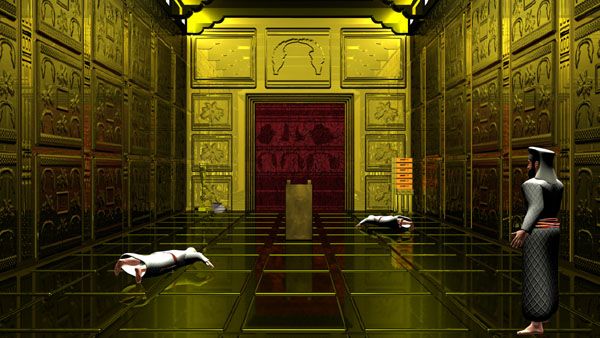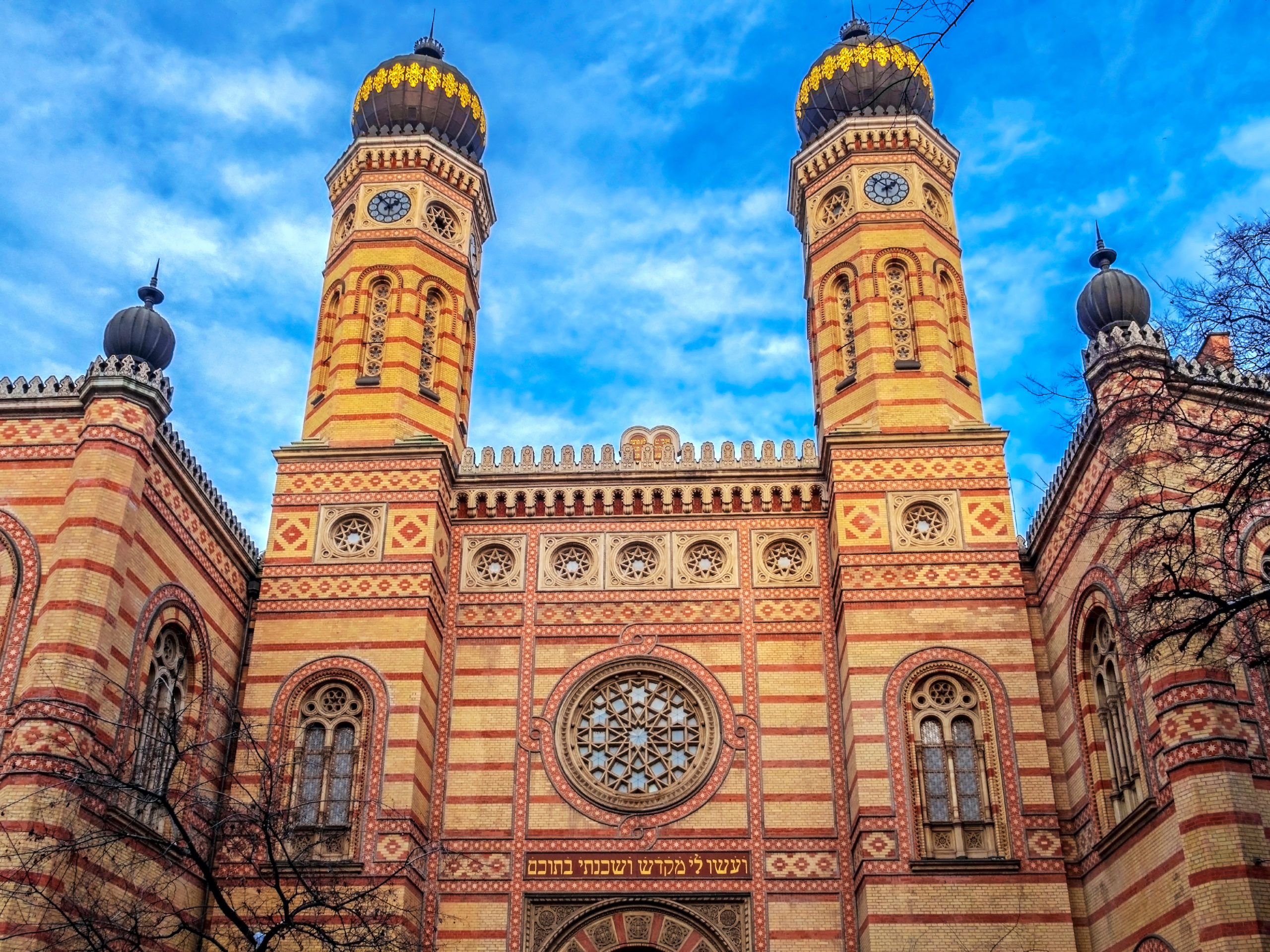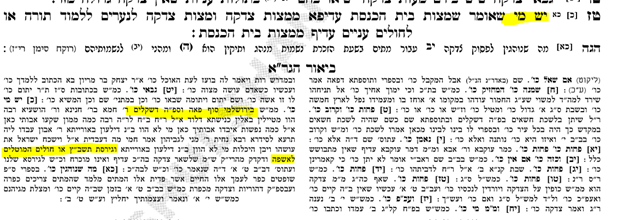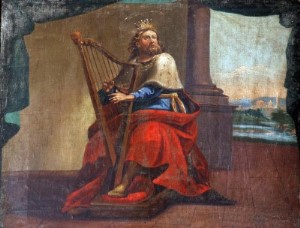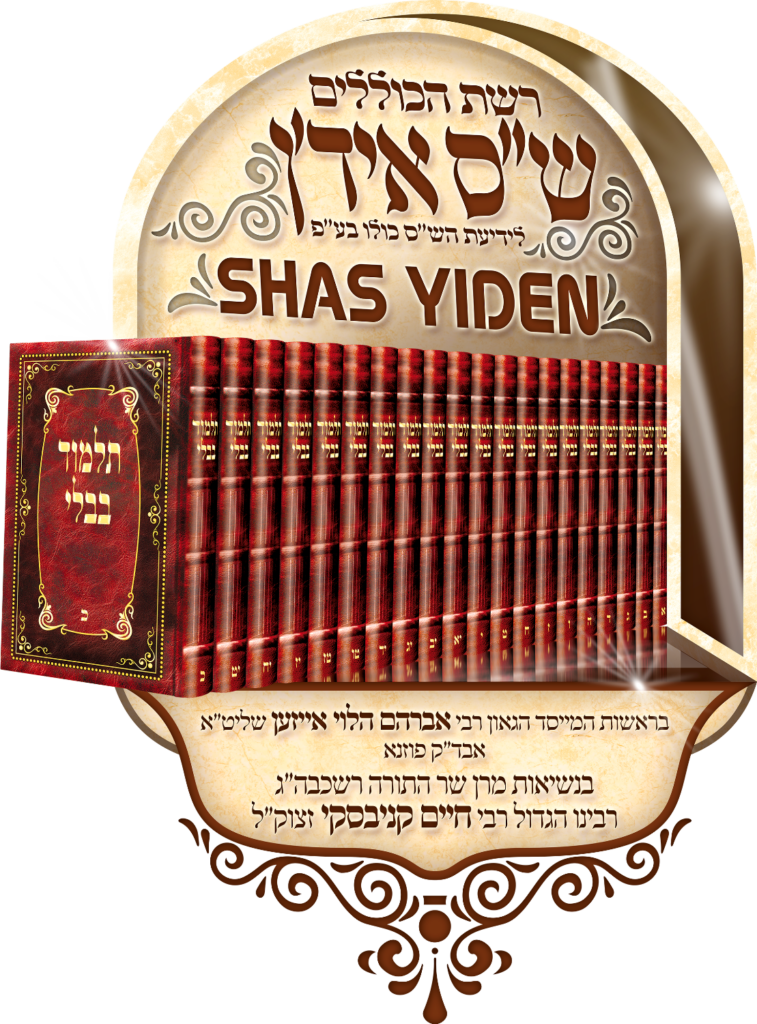BSD
Shkolim 16a (2)
Cheshvan 25 – 11/26/2024
Short notes.
שמן המשחה
וְאַתָּ֣ה קַח־לְךָ֮ בְּשָׂמִ֣ים רֹאשׁ֒ מׇר־דְּרוֹר֙ חֲמֵ֣שׁ מֵא֔וֹת וְקִנְּמׇן־בֶּ֥שֶׂם מַחֲצִית֖וֹ חֲמִשִּׁ֣ים וּמָאתָ֑יִם וּקְנֵה־בֹ֖שֶׂם חֲמִשִּׁ֥ים וּמָאתָֽיִם׃ וְקִדָּ֕ה חֲמֵ֥שׁ מֵא֖וֹת בְּשֶׁ֣קֶל הַקֹּ֑דֶשׁ וְשֶׁ֥מֶן זַ֖יִת הִֽין׃
And you, take choice spices, pure myrrh, five hundred, and cinnamon spice, half of it, two hundred and fifty, and cane spice, two hundred and fifty. and cassia, five hundred according to the shekel of the sanctuary, and olive oil, a hin.
1 – As mentioned last week, the שמן המשחה was also hidden together with the ארון.

2- Our גמרא discusses briefly how the oil became fragrant. The 4 spice mixture mentioned in the תורה was either cooked with the oil and then drained or the oil was first cooked in water (to allow the spices to absorb the water) and then the oil was poured over the cooked spices and then drained.
[See below from a Covid-era Shiur as to the meaning of מׇר־דְּרוֹר֙, pure myrrh]
Speaking of the oil being absorbed into the spices… is לחלוחית curable?…
3- Story of the fellow who boasted that a prominent Rov wrote to him ‘you are truly unique and had you lived at the time of אלישע the oil would not stop flowing’.

This fellow took this as a complement thinking that the Rov recognizes his greatness – equaling him to אלישע.
What the Rov actually meant that ‘had you lived at the time of אלישע the oil would not stop flowing….because there would be another פוסטע כלי…….

4 – Discussed the משיחה when anointing of a king, son of a king, Kohen Godol, son of a Kohen Godol.

Mentioned the תוספות (Yuma 12b) that the כהנים could remove the כהן גדול from his position. The Rambam disagrees. (כלי המקדש ד, טו).
5 – The 3 sons of יאשיהו.
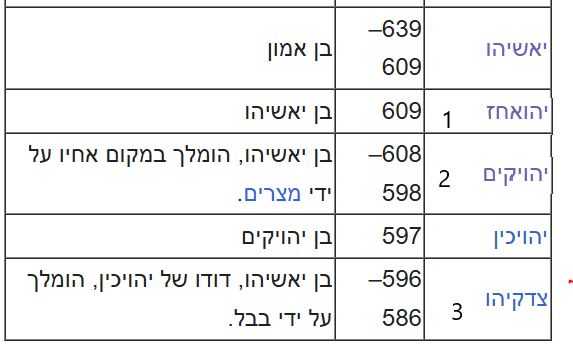
6 – Discussed יהויכין or יְכָנְיָה (grandson of יאשיהו) of the famous גלות יכניה when the elites of ירושלים were exiled.
אֲשֶׁר הָגְלָה מִירוּשָׁלַיִם עִם הַגֹּלָה אֲשֶׁר הָגְלְתָה עִם יְכָנְיָה מֶלֶךְ יְהוּדָה אֲשֶׁר הֶגְלָה נְבוּכַדְנֶאצַּר מֶלֶךְ בָּבֶל.

As the it says: החרש והמסגר were exiled – meaning the תלמידי חכמים who prepared בבל as a מקום תורה for the larger exile that occurred years later when the בית המקדש was destroyed.
7- Discussed the tragic story of יהויכין whom the Rambam (תשובה ז,ז) regards as the ultimate symbol of a בעל תשובה.
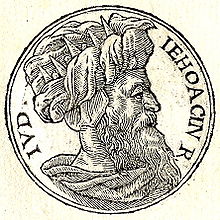
גדולה תשובה שמקרבת את האדם לשכינה, שנאמר ״שובה ישראל עד י״י אלהיך״ (הושע י״ד:ב׳), ונאמר ״לא שבתםא עדי נאם י״י״ (עמוס ד׳:ו׳), ונאמר ״אם תשוב ישראל נאם י״י אלי תשוב״ (ירמיהו ד׳:א׳), כלומר אם תחזור בתשובה בי תדבק:
התשובה מקרבת את הרחוקים. אמש היה זה שנוי לפני המקום, משוקץ ומרוחק ותועבה, והיום הוא אהוב ונחמד, קרוב וידיד. וכן אתה מוצא שבלשון שהקב״ה מרחק את החטאיםג, בה מקרב את השבים, בין יחיד בין רבים, שנאמר ״והיה במקום אשר יאמר להם לא עמי אתם יאמר להם בני אל חי״ (הושע ב׳:א׳). ונאמר ביכניה ברשעותו ״כתבוד את האיש הזה ערירי גבר לא יצלח בימיו״ וגמ׳ (ירמיהו כ״ב:ל׳), ״אם יהיה כניהו בן יהויקים מלך יהודה חותם על יד ימיני״ וגמ׳ (ירמיהו כ״ב:כ״ד), וכיון ששב בגלותו נאמר בזרובבל בנו ״ביום ההוא נאם י״י צבאות אקחך זרובבל בן שאלתיאל עבדי נאם י״י ושמתיך כחותם״ (חגי ב׳:כ״ג):
Teshuvah is great for it draws a man close to the Shechinah as [Hoshea 14:2] states: “Return, O Israel, to God, your Lord;” [Amos 4:6] states: “`You have not returned to Me,’ declares God;” and [Jeremiah 4:1] states: “`If, you will return, O Israel,’ declares God, `You will return to Me.'” Implied is that if you will return in Teshuvah, you will cling to Me.
Teshuvah brings near those who were far removed. Previously, this person was hated by God, disgusting, far removed, and abominable. Now, he is beloved and desirable, close, and dear.
Similarly, we find God employs the same expression with which He separates [Himself] from the sinners to draw close those who repent. [Hoshea 2:1] states: “Instead of saying to you: `You are not My nation,’ He will tell you: `You are the children of the living God.’”
[Also, Jeremiah] speaks of יכניה while he was wicked [with the expression (22:30)]: “Write down this man as childless, a man who shall never prosper in his days,” and [22:24]: “Would יכניה , the son of Yehoyakim, king of Judah, be the signet ring on My right hand, I would tear him off.” However, after he repented when in exile, [Chaggai 2:23] said concerning Zerubavel, his son: “‘On that day,’ declares the God of Hosts, `I will take you, Zerubavel, the son of Shaltiel, My servant,’ declares God, `and I will place you as a signet ring.'”
8 – Mentioned a previous Shiur (Ketores Shiur – 25 of Iyar, 5780. 05/29/2020) about the opinions on what מר דרור means.
- Mor was used to make the שמן המשחה and the קטורת. Now what is Mor?
- Rambam says it was musk oil.
- The גמרא in Brochos (43a) discusses ‘Musek’ – מּוּשְׁק , a type of pleasantly smelling powder and oil. The Brocho one says over it is בורא מיני בשמים. This Musek or musk comes from either a kosher or a non-kosher animal.
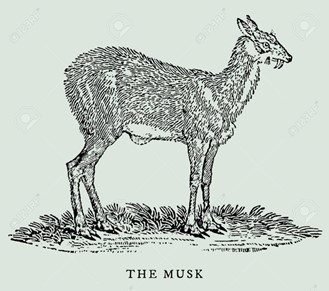

Musk deer
● Ravad- Inconceivable that a product from a non kosher animal was used in the Ketores.
● Ravad- Mor is a plant based spice. As proof he quotes the Pasuk באתי לגני אחותי כלה. It then continues ‘I collected Mor for you’.
● The verb used here to collect, אריתי, is associated with the collection of fruits or vegetables. Not a collection from the blood or gland of an animal.
● Thus Mor means Myrrh.
5- מה הוא מור?
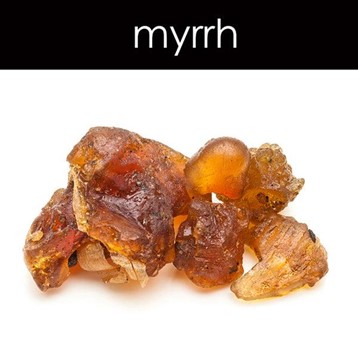
Myrrh or Musk
רמב”ם וראב”ד. כלי המקדש א, ג.
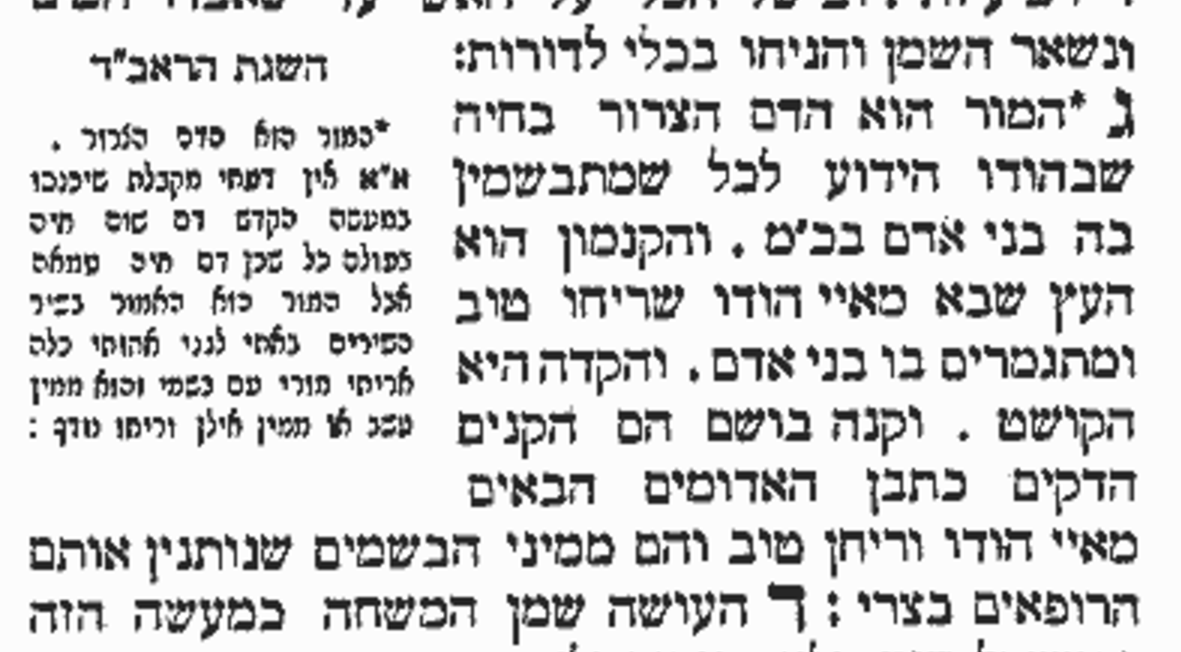
https://hebrewbooks.org/pdfpager.aspx?req=4110&st=&pgnum=345
Thanks to Reb Yisrolik Motchkin for this last reference.
באתי לגני. שה”ש ה.
ארוה כל עוברי דרך. מלא ואורה וסלו.
—————————-
